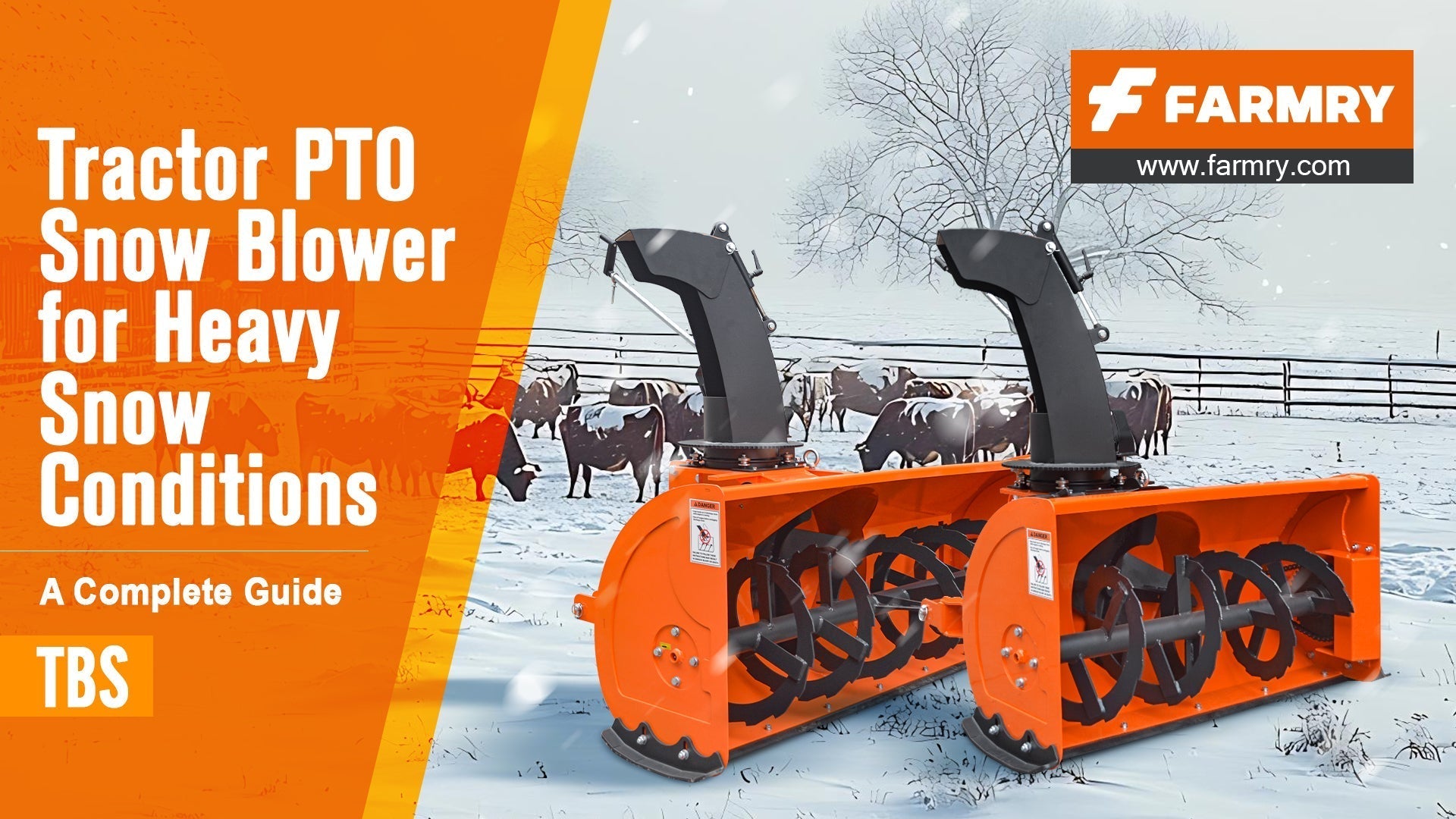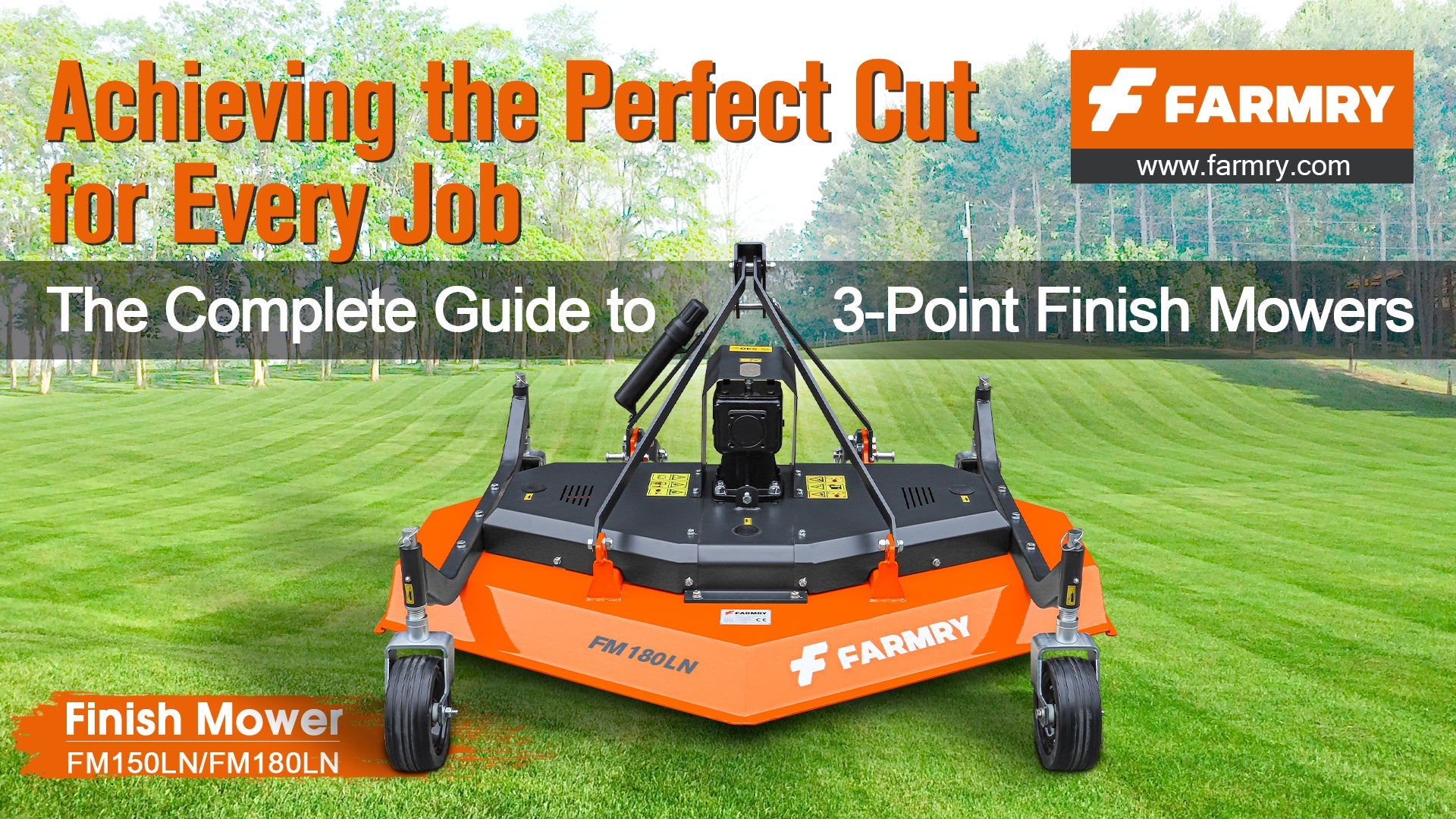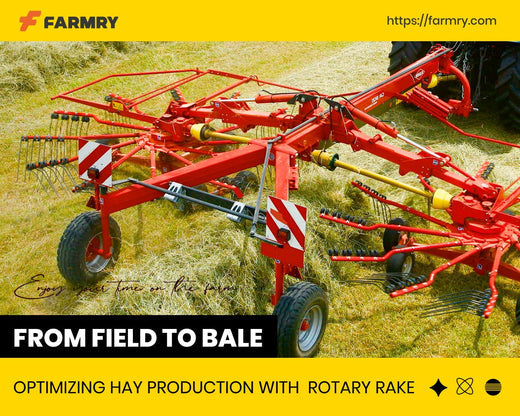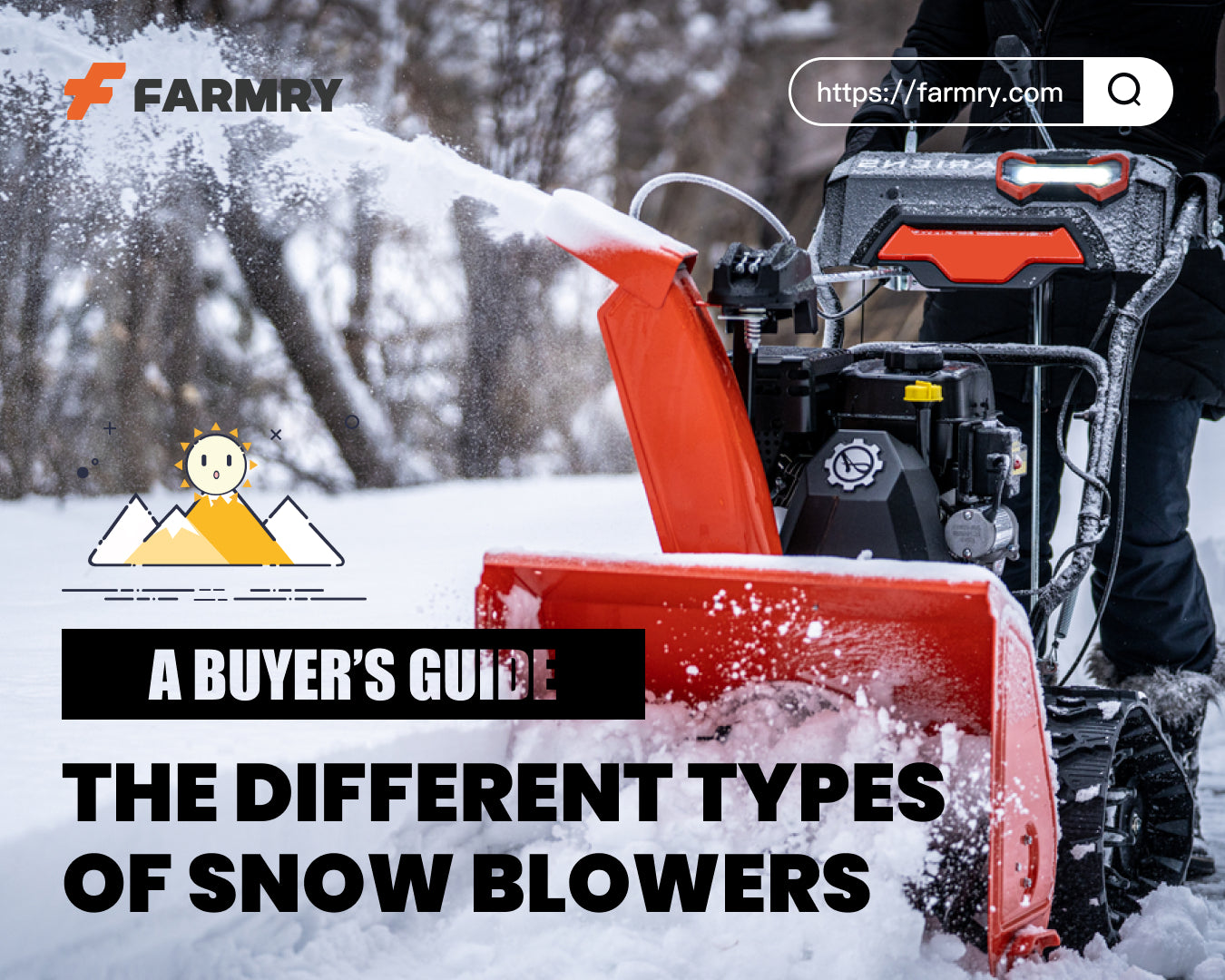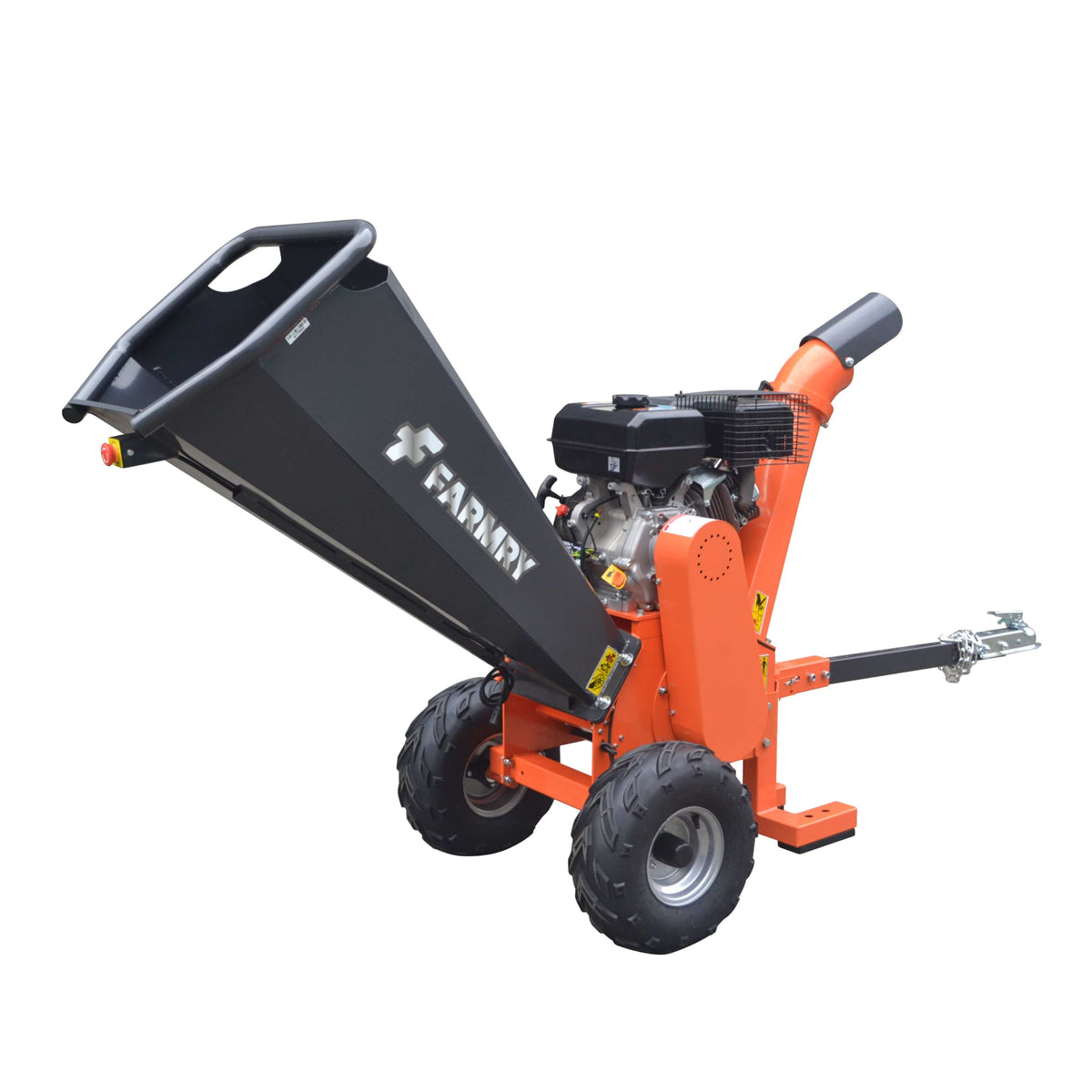Flail Mower vs Finish Mower: Choosing the Right Mower for Your Land
 Flail Mower vs Finish Mower: Choosing the Right Mower for Your Land
Flail Mower vs Finish Mower: Choosing the Right Mower for Your Land
When it comes to maintaining your land, pasture, sports fields, orchards, vineyards, or even your lawn, the choice of the right mower is critical. Two of the most debated options in forums and among dealers are the flail mower vs finish mower. While both machines cut grass, weeds, and brush, they have very different performance characteristics, maintenance needs, and applications.
This comprehensive guide will break down the differences between flail mowers, finish mowers, and even rotary cutters, helping you decide which machine is right for your property, whether you’re working near fence lines, mowing tough pastures, or keeping golf courses smooth and polished.
Understanding the Basics
What is a Flail Mower?
A flail mower uses a series of small flails—Y- or T-shaped blades—attached to a rotating drum. As the drum spins (powered by your tractor’s PTO), these flails cut grass, brush, and even small branches. The design reduces the chance of throwing objects forward, making them safer for mowing near roadsides, parks, or fence lines.
Key benefits of flail mowers:
-
Great for uneven terrain, slopes, and rough ground.
-
Can handle tall grass, weeds, sticks, branches, and light brush.
-
Leaves clippings finely mulched, ideal for pastures and orchards.
-
Safer in areas with people, animals, or vehicles nearby because they don’t throw debris far.
Considerations:
-
Typically more maintenance—regular sharpening or replacing flails.
-
Slower forward speed compared to finish mowers.
-
Heavier machine, requiring sufficient tractor power.
What is a Finish Mower?
A finish mower (or grooming mower) uses horizontal blades similar to a lawnmower, mounted under a deck. They’re designed to create a clean, smooth cut, perfect for lawns, sports fields, and golf courses.
Key benefits of finish mowers:
-
Produces a polished, striped appearance.
-
Works best on smooth, even ground.
-
Faster mowing speed compared to flail mowers.
-
Lower maintenance requirements—fewer moving parts than flails.
Considerations:
-
Not suitable for heavy brush, sticks, or tall weeds.
-
Can throw objects, so avoid near busy roadsides or public areas.
-
Struggles in very rough or uneven terrain.
The Role of Rotary Cutters and Brush Cutters
Some landowners compare flail mowers vs rotary cutters instead of flail vs finish mower. Rotary cutters (often called “brush hogs” or brush cutters) are robust machines for tackling thick brush, saplings, and heavy weeds. They’re less about a polished cut and more about beating back overgrowth.
While rotary cutters excel in reclaiming land, they leave a rougher finish and can also throw debris, making them less suitable for manicured spaces.
Key Comparison: Flail Mower vs Finish Mower
|
Feature |
Flail Mower |
Finish Mower |
|---|---|---|
|
Cut Quality |
Mulches grass finely, natural look |
Clean, striped, polished lawn finish |
|
Terrain Handling |
Excellent on uneven terrain, slopes, rough ground |
Best on smooth lawns and flat ground |
|
Debris Safety |
Minimal throw; safer near people, roads, fence lines |
Can throw sticks and stones, risk in public spaces |
|
Maintenance |
More maintenance (replace/maintain flails, gearbox care) |
Less maintenance (sharpen blades periodically) |
|
Versatility |
Cuts grass, weeds, light brush, branches |
Cuts grass only |
|
Speed |
Slower mowing speeds |
Faster mowing speeds |
|
Weight/Power |
Heavier, needs more tractor horsepower |
Lighter, needs less PTO power |
|
Cost |
Often more expensive upfront |
Generally cheaper |
Matching the Right Mower to Your Needs
Your choice between a flail mower and a finish mower should depend on your land, your tractor, and your goals.
For Pastures and Farms
-
Flail mower: Best for maintaining varied pasture conditions, mulching weeds, and avoiding harm to livestock with thrown debris.
-
Finish mower: Suitable only if pastures are already smooth and maintained like lawns.
For Lawns and Sports Fields
-
Finish mower: Ideal for keeping grass polished on golf courses, sports fields, and estates.
-
Flail mower: Possible if occasional brush cutting is needed, but won’t match finish mower’s polished look.
For Orchards and Vineyards
-
Flail mower: Can mulch prunings, cut grass under trees without throwing debris, and maintain between rows safely.
For Roadsides, Ditches, and Parks
-
Flail mower: Handles uneven terrain, slopes, and areas with sticks, rocks, and branches, with minimal throw.
-
Rotary cutter: Possible alternative for heavy brush, but more risk of debris.
For Property Maintenance Crews
-
Flail mower: More versatile if you encounter varied land conditions.
-
Finish mower: Faster for large, smooth lawns where speed is the priority.
Maintenance Differences
Flail Mowers
-
More maintenance: You’ll need to inspect and possibly replace flails periodically, especially if mowing brush or rough land.
-
Sharpening: Some flails can be sharpened, others replaced.
-
Gearbox: Check oil and seals regularly.
-
PTO Shaft: Grease and inspect before each season.
Finish Mowers
-
Less maintenance: Primarily blade sharpening, belt tension checks, and gearbox lubrication.
-
Blades: Easy to replace or sharpen.
-
Deck cleaning: Essential for consistent performance.
Personas and Pain Points
1. Small Acreage Hobby Farmer: Needs a mower that handles tall grass and brush; flail mower fits, but higher cost is a concern.
2. Rural Homeowner: Wants a manicured lawn; finish mower fits, but can’t handle rough areas.
3. Livestock Owner: Needs safe mowing near animals; flail wins for minimal debris throw.
4. Municipal Crew: Safety is key near roadsides; flail mower is preferred.
5. Landscaping Contractor: Wants versatility; often ends up owning both types.
6. Roadside Maintenance: Chooses flail for safety, but speed is a trade-off.
7. Orchard/Vineyard Manager: Flail is best for mulching and safety.
8. Property Flipper: Flail for reclaiming overgrown land.
9. Golf Course Manager: Finish mower for pristine turf.
10. Wildlife Manager: Flail for mulching and habitat protection.
Performance Factors to Consider
-
Power Requirements: Flail mowers are heavier and need more PTO horsepower.
-
Cutting Width: Wider mowers save time but require more power.
-
Terrain: Rough ground and slopes suit flail mowers.
-
Clipping Management: Flails mulch better; finish mowers leave longer clippings.
-
Durability: Flails beat tough conditions; finish mowers excel on maintained land.
Final Thoughts
Choosing between a flail mower vs finish mower comes down to knowing your property and priorities. If you need a machine that can handle tall grass, weeds, and brush over uneven terrain while being safe near roadsides and fence lines, the flail mower is your workhorse. If you want a mower that delivers a polished, smooth finish for lawns, sports fields, and golf courses, the finish mower is your go-to.
Some landowners even keep both—a flail mower for the rough work and a finish mower for the polished look—ensuring every corner of their land, from pastures to perimeters, stays in top condition.

